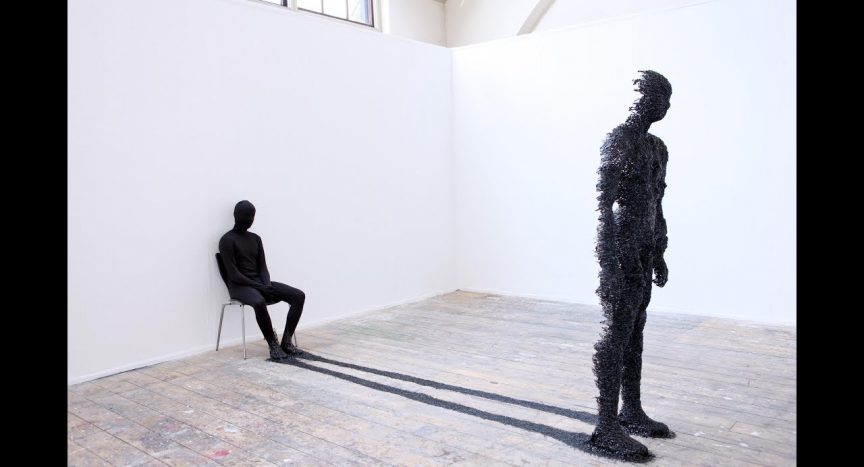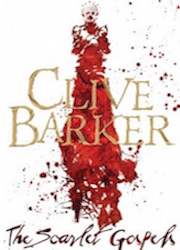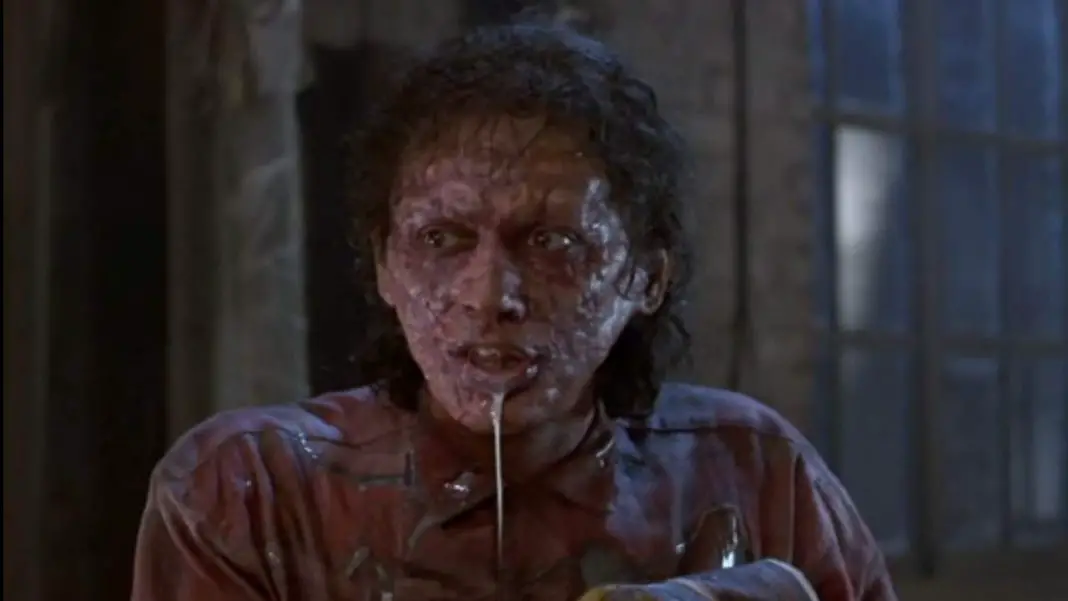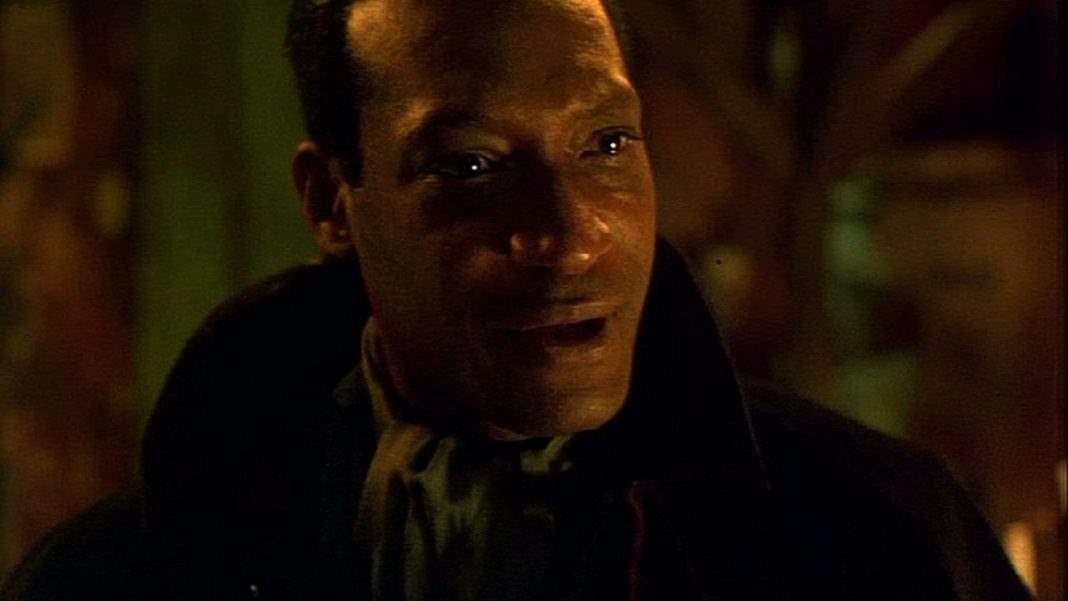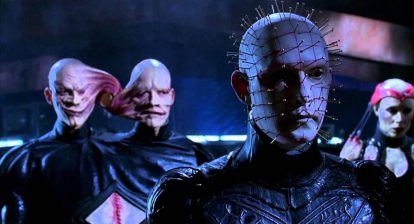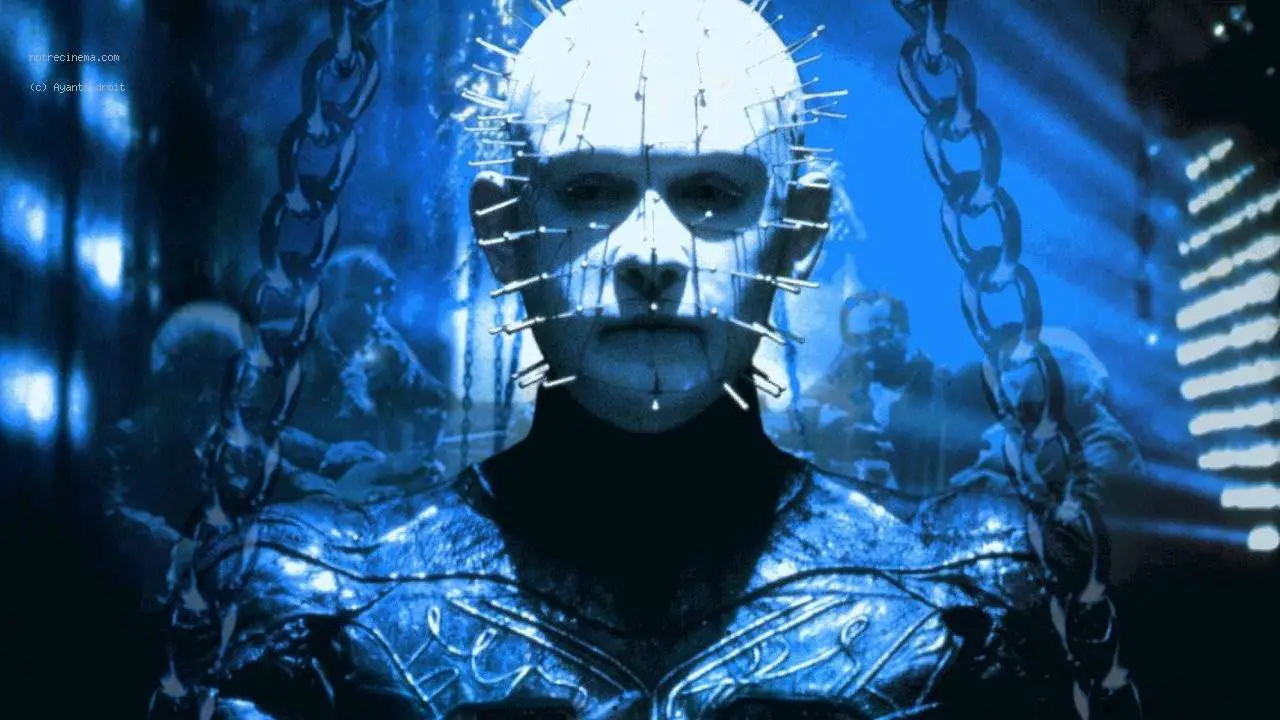Much horror literature plays on our fear and fascination with the person we see in the mirror: a fear of what we’re hiding or don’t know about ourselves, a fear of who we’ve been and who we could become. But no subgenre of horror literature illustrates the two-sided coin of self-hatred and narcissism better than stories about doubles. Doppelgängers, split personalities and evil twins only begin to touch on the ways authors have explored the horrors we can find in ourselves. Here are nine doppelgänger stories that will make you afraid of the mirror.
The Strange Case of Dr Jekyll and Mr Hyde by Robert Louis Stevenson
We’ll start this list of doppelgänger stories with a classic. The story of Jekyll and Hyde has gone so far into the realm of common folklore that it’s easy to forget its pulp origins as a penny dreadful. Reading it plunges us back into 19th century London and lovers of the inimitable stylistic flourishes of Victorian literature won’t be disappointed. But this story about the plurality of human nature still speaks to so many different types of readers: readers who have dealt with addiction, who have had to hide a part of themselves, who have wished they could be free of themselves for a day, who have wished they were younger, stronger, less self-conscious… Yeah, basically everyone.
Also See: Ten Memorable Mad Scientists

The Other by Thomas Tryon
Tryon’s debut novel about a family coping with loss follows a set of identical thirteen-year-old twins, Holland and Niles; one is a troublemaker and the other is gentle and considerate. There’s going to be friction between these two, and yes, violence… sometimes involving pitchforks.
Even though you’ve probably already guessed the surprise ending, this is still one of the most complex doppelgänger stories you’ll find. It goes beyond a simple binary of good and evil. This is, in the end, a novel about family. Each member has a rich background: a Russian immigrant grandmother who nurtures a supernatural potential in Niles; a fragile mother, still traumatized to the point of incapacitation by her husband’s death; a sister and her husband who are expecting a baby and want to revive the family farm. The book shows a wide spectrum of how individuals cope with family trauma, how unaddressed suffering can harm us and those we love.
Also See: Five PG Horror Films That Should Have Been Rated R

Jack of Spades by Joyce Carol Oates
While many writers of doppelgänger stories restrain their pieces exclusively to the subtleties of psychological terror, Joyce Carol Oates kicks this book off with a crazed assailant wielding an axe. Only after that does she begin the quietly terrifying story of a respected mystery writer who’s exploring the violence of his alter ego, Jack of Spades. The tame writer tries to maintain his usual calm respectability with his family, friends, and publisher. Meanwhile, the wild Jack of Spades stalks, steals and murders without remorse. Not many writers can give readers all the fun of pulp horror along with the pleasure of reading beautifully crafted prose.

“Human Remains” from Books of Blood Vol. 3 by Clive Barker
It’s no surprise that the brilliant author of body horror classics, Clive Barker, would be drawn to doppelgänger stories. Though the story is set in a time when gay men were mostly forced underground, it explores body worship and perceptions of beauty in gay male society that still feel contemporary. Gavin is a male prostitute who’s being followed by a creature that is slowly turning into his double. He’s forced to confront how much his appearance makes him human and finally how much he even wants to be human. And yes, as the title of the short story collection suggests, a lot of blood gets spilled in the process.
Also See: Ten of the Best Films From The Mind of Clive Barker

Despair by Vladimir Nabokov
On a business trip to Prague, Hermann Karlovich meets a homeless man named Felix who he believes looks exactly like him. Once he’s back home in Berlin, Hermann becomes increasingly obsessed with Felix, eventually hatching a plan for how he could use him to build a new life.
Nabokov is a genius at hiding the macabre behind charm and humor. The narration is hilarious even though, in the back of your mind, you realize that you’re reading the memoirs of a madman. As the novel progresses, you feel a nagging discomfort with the obsessive Hermann which soon turns into a sense of dread. You hear the promise of violence in all of Hermann’s fatuous observations. He’s charming, ridiculous and terrifying. Every laugh will send a shiver up your spine.

“End of a Struggle” from the collection The Houseguest: and Other Stories by Amparo Dávila
Every other writer on this list takes their time preparing their reader mentally for the appearance of a doppelgänger. While the short stories build up to the double with at least one introductory scene, novels might tease us for hundreds of pages before unveiling the lookalike. Not the case with Mexican writer Amparo Dávila. Known for her minimalist eloquence, she plunges us into the uncanny mirror world from the first line: “He was buying the evening paper when he saw himself walk by with a blonde woman.”
From that point on, she explores how memory can play on our perceptions of ourselves, our relationships and the consequences of our actions. It’s criminal that The Houseguest: and Other Stories is the only work of Dávila’s that has been translated into English to date. If her translators are reading this (I’m looking at you Audrey Harris and Matthew Gleeson) PLEASE bring us poor anglophones the rest of her work!
Also See: Drowning and Eating Children: Mexican Folklore and the films of Guillermo Del Toro

“Eight Bites” from the collection Her Body and Other Parties by Carmen Maria Machado
After encouragement from her sisters, the narrator of Eight Bites decides to have bariatric surgery. As her weight disappears, her home is haunted by the presence of the body she’s cast away. Machado balances tenderness with violence in every line of this chilling piece about a woman’s repulsion and attraction to her own image. Anyone who has ever struggled with their self-image, will see themselves in this brilliant story. Her Body and Other Parties won a Shirley Jackson Award and a Lambda Literary Award, richly deserving both accolades.

Fight Club by Chuck Palahniuk
Not long ago, I would have described Fight Club as a 20th century Jekyll and Hyde with an anonymous narrator whose alter ego shows him both the dangers of denying one’s impulses and of indulging them; an exploration of masculinity and anarchy in a narcissistic consumer society; an iconoclastic cult classic. That’s all still true. These days, I see something else in Fight Club’s depiction of men who cultishly worship their leader, solve their problems through violence and have an irrational fear of emasculation. It brings to mind the conspiracy-fed mobs that stormed the Capitol building last January.
The book is brilliant and I don’t think Chuck Palahniuk is a QAnon apologist. What I’m saying is that those angry militias could easily parrot Tyler Durden’s famous rules: “1. You don’t talk about fight club. 2. You don’t talk about fight club,” while forgetting the book’s disenchanted end. Personally, I can’t think of a more enjoyable way to try to understand the emotions that lead to toxic masculinity.
Also See: Fight Club 3, Issue One is a Resounding Return to Form [Comic Review]

The Double by Fyodor Dostoevsky
We’ll bookend this list of doppelgänger stories with another classic. Yakov Petrovich Golyadkin is a bureaucrat who is obsessed with rising to a higher social status in Russian society. When it looks certain that his dreams of advancement will fail, his double appears: a living and breathing copy of himself who has the same name and works in the same office as the original Golyadkin.
Their relationship is amicable, even brotherly, when they’re alone. But the moment they’re both out in society, the double rises in ranks by tearing Golyadkin down. He tries to fight back only to further slip in his peers’ estimation, endangering his position, livelihood, and even his sanity. Dostoevsky is a master at evoking the frustration that comes from petty injustices and the exasperation of unachievable goals. In The Double he places them in a quietly terrifying light. What do we do when we see someone succeed at our expense? What if we’re that person ourselves? How much are we willing to destroy to reach our ambitions? How much of ourselves are we willing to eliminate?

Follow us on social media: Twitter, Facebook, Instagram, and YouTube
